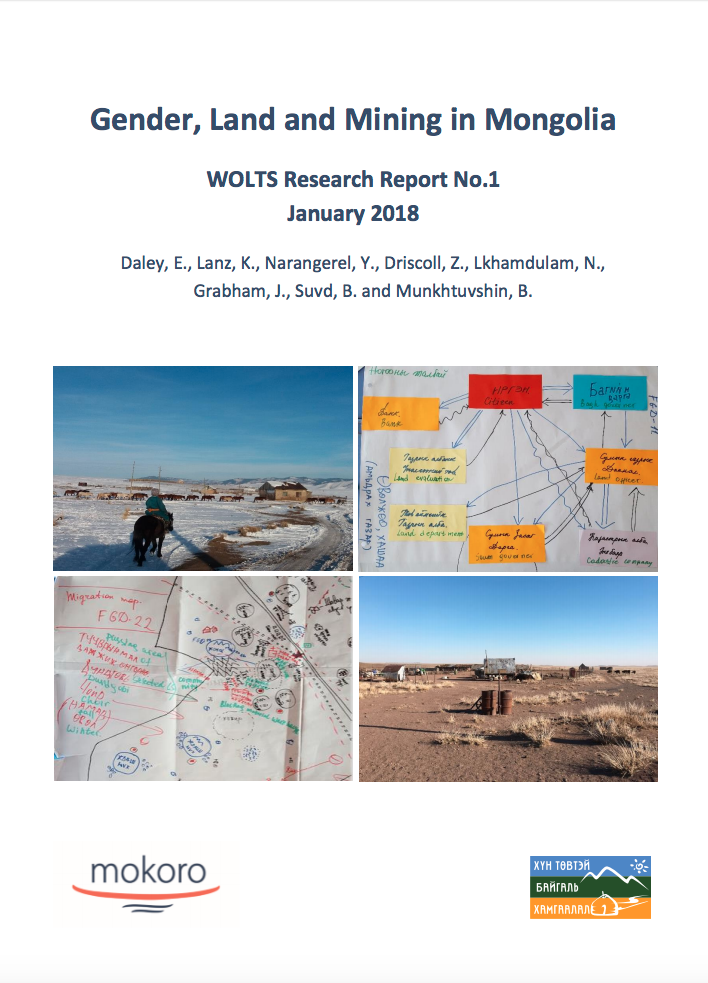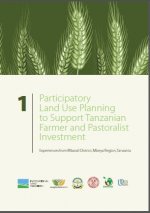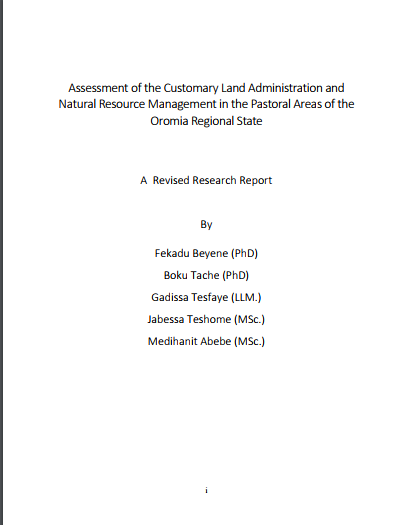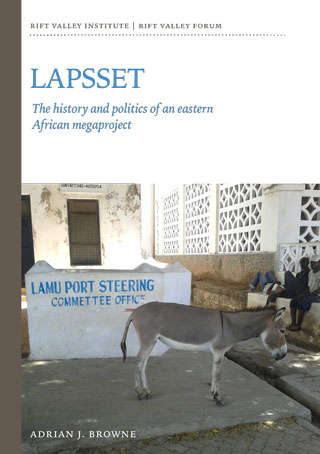Struggling against excuses: winning back land in Cambodia
This paper focuses on one community in Cambodia that won back land from a large land deal by grabbing onto the rupture in property relations initiated by a one-year land titling campaign. I document the struggle between competing legibility and illegibility projects which I examine through two moments, one of the state choosing to see its population and their relations to territory, and another in which the state’s excuses for not recognizing smallholders’ claims began to falter.










